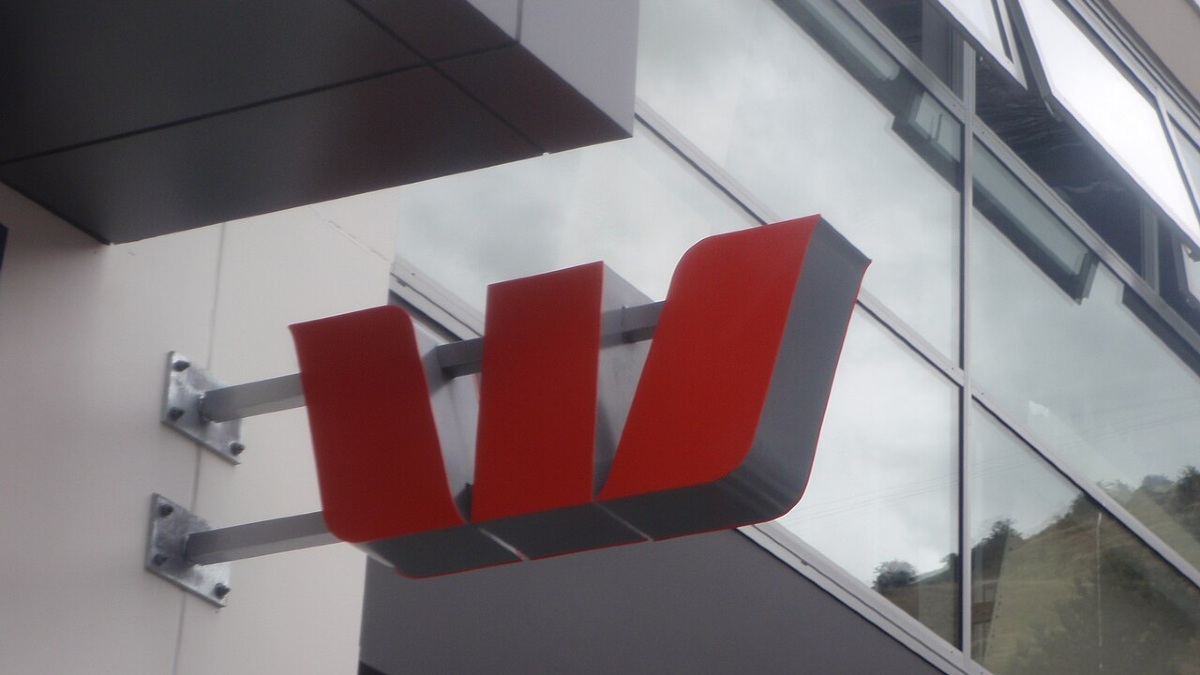(The RBA rate cut has now been confirmed, click here to stay up to date with which lenders have passed on the cut).
Most economists hadn't been expecting another rate cut for at least another month, but "major" developments over the weekend now have the markets pricing in a Tuesday cash rate cut by the Reserve Bank as a done deal.
The likelihood of an RBA rate cut escalated after a shocking week on the share markets and the US Federal Reserve signalling that a March rate cut is likely.
RBA interest rate cut bets surged since Friday after the Australian share market fell 9.8% last week, wiping $210 billion off the value of the ASX200.
Market pricing for a 25 basis point cut from the RBA on Tuesday increased from 18% at close of business on Friday to 120% this morning.
There's also the possibility of a 50 basis point reduction, with markets pricing in about a 20% chance of that happening.
NAB chief economist Alan Oster also believes a 50 basis point cut could happen, but expects the RBA to cut by at least 25 basis points.
"We also see a risk of a 50 basis point cut in an aggressive response to the unfolding growth shock resulting from the spread of the coronavirus," he said.
If a 50 basis point cut were to happen, it would bring the current cash rate from 0.75% down to 0.25%.
If your current savings account is leaving little to be desired, it may be time to lock your money into a term deposit before rates fall.
Westpac Chief Economist Bill Evans changed his tune on Monday morning and said the "major developments" over the weekend have prompted the bank to change its outlook.
"After the developments of the weekend we now expect the RBA to cut the cash rate by 0.25% at its meeting on March 3," he said.
Over the weekend, China's manufacturing sector reported record low activity due to the coronavirus outbreak. China's official Purchasing Managers' Index (PMI) plunged to 35.7 from 50 in January, beating the previous record low of 38.8 during the GFC.
There were also reports of meetings over the weekend of Government and Financial Regulators to prepare Australia's economic defences against the virus outbreak that has hit global financial markets and brought China's economy to its knees.
"All these developments in this very volatile time mean that we have reviewed our forecasts for the RBA."
Mr Evans also said he believes quantitative easing will now begin mid-year.
"The Governor has previously indicated that he would consider quantitative easing once the cash rate reached 0.25%. QE has always been part of Westpac's forecasts but we envisaged the policy starting in the fourth quarter of 2020. These developments are likely to bring that timetable forward to mid year."
The market is now expecting the #RBA to use the remainder of its conventional policy immediately - it may well do so, in particular if nothing is forthcoming from other policy makers in a timely manner... #ausbiz pic.twitter.com/M0zhJlbxXa
— Alex Joiner (@IFM_Economist) March 1, 2020
In a sign the US is preparing to cut their interest rates in March, US Federal Reserve Chairman Jerome Powell made a "highly unusual unscheduled intervention" near the close of trading, noting that "we will use our tools and act as appropriate to support the economy".
"The fundamentals of the US economy remain strong. However, the coronavirus poses evolving risks to economic activity," Mr Powell said in an emergency statement over the weekend.
Mr Evans said this statement is "likely to be seen as a 'call to action' for other central banks around the world".
CommSec Chief Economist Craig James also expects a March rate cut.
"While economists had expected the Reserve Bank to wait until at least April before cutting interest rates again, the Bank may decide that there is little value in waiting and cut rates on Tuesday," he said.
AMP Capital Chief Economist Shane Oliver thinks the RBA should cut rates in the face of the threat to the economic outlook from the coronavirus.
"Policy stimulus won’t stop the spread of the virus but it will help supercharge the eventual recovery in global growth and share markets," he said.
Yesterday I thought the probability of an #RBA cut Tuesday was close to 50% (mkt was 17%). Powell's signalling of a rate cut soon - on top of sharp share mkt falls with associated loss of wealth - has pushed the prob of a cut on Tues to 70% in my view. RBA won't want a higher $A
— Shane Oliver (@ShaneOliverAMP) February 29, 2020
"I get the feeling that the RBA would probably prefer to wait a bit longer - to better assess COVID-19's impact to see if there is a more 'material' rise in unemployment. But things are moving fast around the threat from coronavirus with very sharp falls in share markets warning that the threat to the growth outlook is very serious.
"The bottom line is that share markets face significant uncertainty in the short term and remain at high risk of more downside given the unknowns around COVID-19."
ANZ has revised its call from Monday, saying the Reserve Bank is likely to cut the cash rate by 25 basis points when they meet later today.
"Well informed media commentary suggests a rate cut is likely as part of a coordinated effort to stem the economic impact of the coronavirus," said ANZ head of Australian economics David Plank.
"In light of this, we've changed our call from on hold to a cut of 25 basis points."
Yesterday, Mr Plank shot down suggestions of a 50 basis point cut, saying it was "extremely remote".
"This would hint at panic on the RBA's behalf and immediately mean it needs to confront the question of quantitative easing."
At the time of writing, the only big four bank that doesn't think there will be a rate cut is Commonwealth Bank.
The Reserve Bank's shadow board said the RBA should keep the cash rate steady despite the impact the virus has had on the economy.
"Fear about a global coronavirus pandemic are already taking their toll on world financial markets and are likely to impose significant economic costs on the Australian economy, should the crisis worsen," said RBA Shadow Board chairman Dr Timo Henckel.
"The fear surrounding this crisis has clearly battered financial markets worldwide although the likely cost to the Australian economy from it remains highly uncertain."

Ready, Set, Buy!
Learn everything you need to know about buying property – from choosing the right property and home loan, to the purchasing process, tips to save money and more!
With bonus Q&A sheet and Crossword!



 Denise Raward
Denise Raward


 Rachel Horan
Rachel Horan


